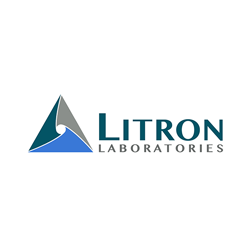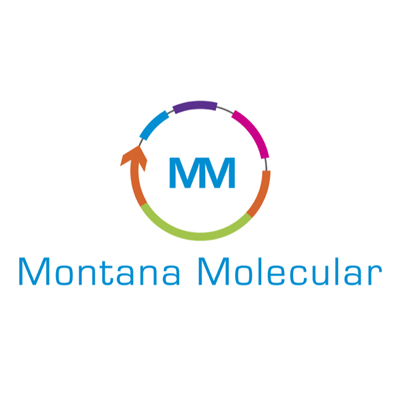Prepare Your Application
Are you ready to apply to an SBIR or STTR funding opportunity? Review this page for help!
Application Guidance | Application Resources | Sample Applications | Applicant Assistance Programs
Helpful Links
Application Guidance
After you’ve identified a funding opportunity of interest, review the NIH Application Guide and specific SBIR & STTR instructions, formally known as the SF-424, Forms Version H Series (Due Dates ON/BEFORE January 24, 2025) or SF-424(R&R), Version I Series (Due Dates ON/AFTER January 25, 2025).
When ready, access the application forms and prepare your application using ASSIST—NIH’s online application preparation and submission system used by ~75% of HHS small business applicants. eRA Commons credentials are required for application and to use ASSIST.
You can also apply using Grants.gov Workspace or a system-to-system solution; there are no options to download and mail forms to NIH. Return to Top
Application Resources
- Prepare your application using ASSIST and learn how to handle systems issues.
- Explore annotated form sets and system-enforced business rules (referred to as validations) and gain tips for avoiding common errors.
- Using human subjects? Review the Human Subjects System Warning and Error Quick Guide.
- Learn how to write a strong application with general tips and advice from NIH and planning and writing advice from the NIH Center for Scientific Review.
- Applying for STTR funding? Review the STTR Model Agreement for the Allocation of Rights. This form is not submitted with an application but must be furnished upon request of the NIH awarding component.
- Questions? Contact small business program staff at the Institute or Center where your application is likely to be assigned. Not sure who to contact? Contact the SEED Office.
Sample Applications
Sample applications can help provide a reference as you prepare your application. Several NIH Institutes and Centers have posted sample applications and the application format is the same across the entire NIH.
- Aging (NIA) Sample Applications
- Allergy and Infectious Diseases (NIAID) Sample Applications
- Cancer (NCI) Sample Applications
Applicant Assistance Programs
There are several NIH programs for small businesses that are planning to apply to the SBIR and STTR programs:
- The NIA Start-Up Challenge and Accelerator is seeking early-stage entrepreneurs with innovative ideas for technologies to improve healthy aging.
- The NIAID Applicant Assistance Program provides support to companies planning to apply for National Institute of Allergy and Infectious Diseases (NIAID) Phase I, Phase II/IIB, Fast Track, or Direct to Phase II SBIR or STTR funding.
- The NCI SBIR/STTR Training and Entrepreneurship Program helps small businesses apply for Phase I SBIR/STTR funding that aligns with the major National Cancer Institute (NCI) SBIR/STTR research topics.
Looking for additional resources and support?
The Small Business Administration funds support programs in most states and Puerto Rico through its Federal and State Technology (FAST) Partnership Program. Find the state organization in your area and learn how they can help you apply for SBIR or STTR funding.
Additionally, SSTI has compiled a State SBIR/STTR Resource Guide that includes a variety of different programs offered to support small businesses in their commercialization efforts.

Financial support from the NIH as part of their SBIR program was very much a critical component to the early start of this company [and] it continues to be a component of our success.
The NIH SBIR program has been invaluable. There'd be no other way that this would have been an option to provide to the autism community.

Litron Laboratories’ rate of innovation would not be possible without the benefit of SBIR funding.

The SBIR program is significantly important for disseminating, not just information, but actual interventions, especially for underrepresented populations.

[NIH small business funding] gave us the preliminary data that allowed us to approach investors and Big Pharma to fund the amount needed to move into phase two and phase three.

The grant gave us the funding to hire curriculum writers, to pay teachers to do pilot testing of the kits, and to go to science education conferences and present the kits; it gave us money to pay stipends for teachers who wanted to hold their own workshops, and money to provide the kits for the workshop. It really allowed the company to grow much more dramatically.

[SBIR] funding was absolutely critical to getting us off the ground.

Our very first funding came from the NIH. The origins of our success came from an NIH-funded project, and since then, we have been able to build on and expand our knowledge and tackle other pollutants.

We’re staunch supporters of this program. If anyone asks me about the NIH Small Business program, I give them nothing but encouragement to apply.

In terms of venture capitalists for minority businesses, it is a really unfair playing field. So, the fact that SBIR funds minority businesses like ours is huge because otherwise, we would not get any investments.

This funding allowed me to achieve a scientific breakthrough and now I can talk about early detection, and I can talk about cancer, fibrosis, and changing the industry.






